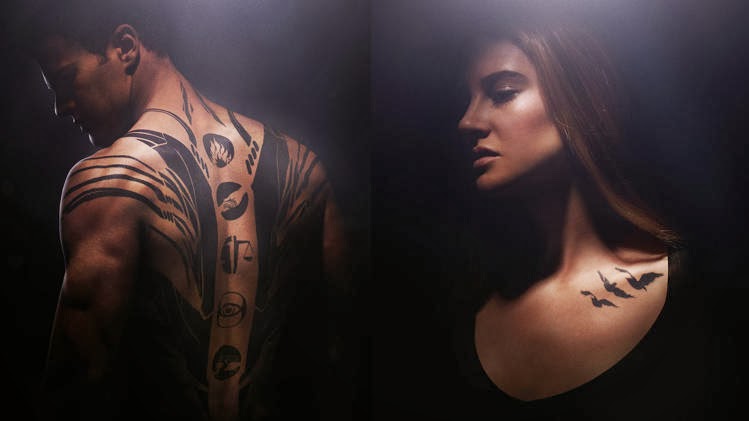 For today's Questions and Quandries, I thought I'd hit up something especially important, especially (in my case) for writers of futuristic fiction. in particular, I'm looking at anything that involves a war, an uprising, a revolution. You've probably heard people say that history repeats itself; yes and no. But, to take a page from Rafiki's book (that is one wise baboon): we can learn from the past. In the world of fiction writers, you can even use it to your advantage.
For today's Questions and Quandries, I thought I'd hit up something especially important, especially (in my case) for writers of futuristic fiction. in particular, I'm looking at anything that involves a war, an uprising, a revolution. You've probably heard people say that history repeats itself; yes and no. But, to take a page from Rafiki's book (that is one wise baboon): we can learn from the past. In the world of fiction writers, you can even use it to your advantage.I'm going to pull from my own experience this semester. Currently, I'm taking a history class called: The Holocaust. If the title doesn't give you enough information, we're studying Europe from 1919 (the end of World War I) through 1945 (the end of World War II) with a focus on how this time period affected the Jewish people of Europe and the many causes that led to the effect of concentration camps, ghettos, and the eventual death-camps (fact: concentration camps and death camps are two immensely different things).
While it's one of those "black marks" on world history, this is also a time period that's extremely interesting to study. And, apparently, it's one of those time periods that's helpful in exploring war.
Fun Fact: much of The Hollow Men currently has bases in World War II. Basically, Nazi Germany is the inspiration for the world that Moe and Ronnie live and fight in.
History is extremely helpful in that it makes your fiction more believable. Planning a war? Study World War I, World War II, the Civil War, the American Revolution, the Vietnam War. Study wars that took place within your own country (sorry, guys, I'm in America so I have a lot more easy access and knowledge to our own history; delve into your own country's history and see what you find!).
Here's an example or two of how WWII is helping me to plan the war that takes place within the realms of The Hollow Men (warning, some might be a bit graphic or difficult to read):
-The T-4 euthanasia program was created in around 1939. It included rounding up sick and disabled children (later the scope was widened to include adults) and killing them. In The Hollow Men, the secret laboratories within Theta stole a program that would aid physically disabled children by creating advanced prosthesis. They bastardized the program; the result is that the sick and disabled children they kidnapped were transformed into bionic super-soldiers with no will of their own.
-Ghettos were sections of the cities that were walled off and literally stuffed with people (mostly Jewish). There was no room and extremely poor conditions; whatever food the inhabitants could get was extremely lacking in the nutrition department. Concentration camps were facilities that originally housed political enemies. Conditions here weren't great, either, and forced slave labor was a large part of their lives, as well as an attempt at "reeducation" for the inmates. Both of these aspects are going to be combined to create the setting for a large portion of The Living Wastelands.
Futuristic fiction is a great place to pull on aspects from our own history, in order to make some details more believable. Motives and methods, and even battle strategies can all be pulled out of events that exist within textbooks and online articles; you've probable heard that research is a critical part of writing? Put it to the test.
Rae
Thoughts or Questions? Let me know what you think!







.jpg)




